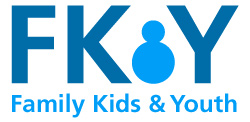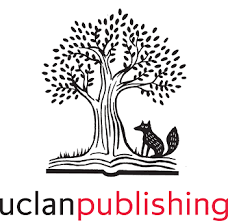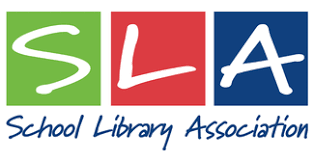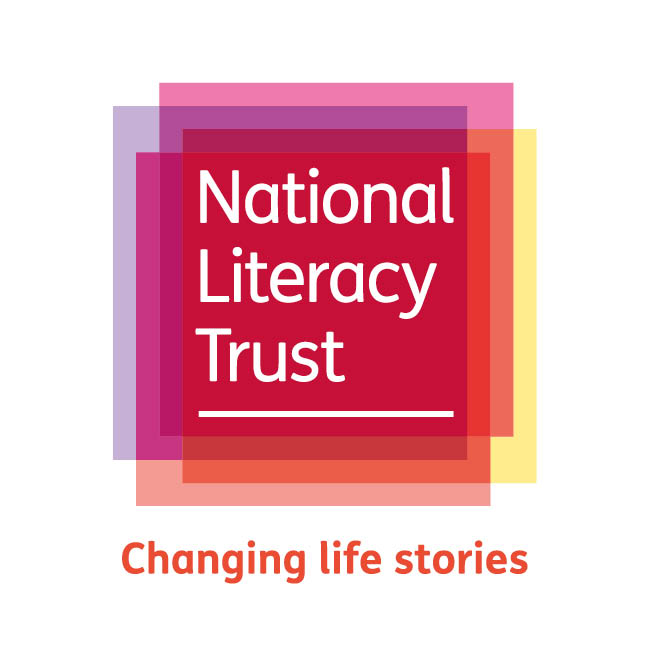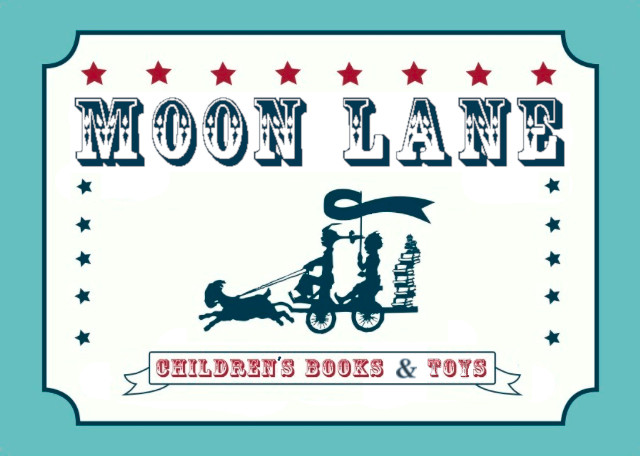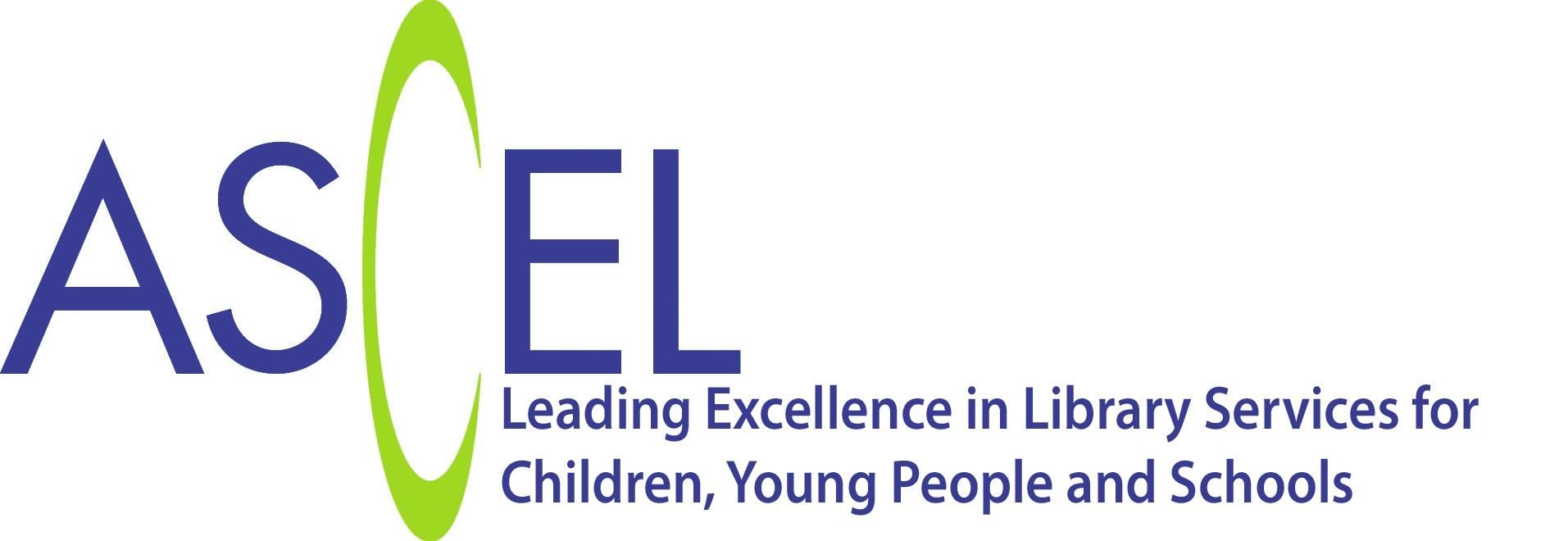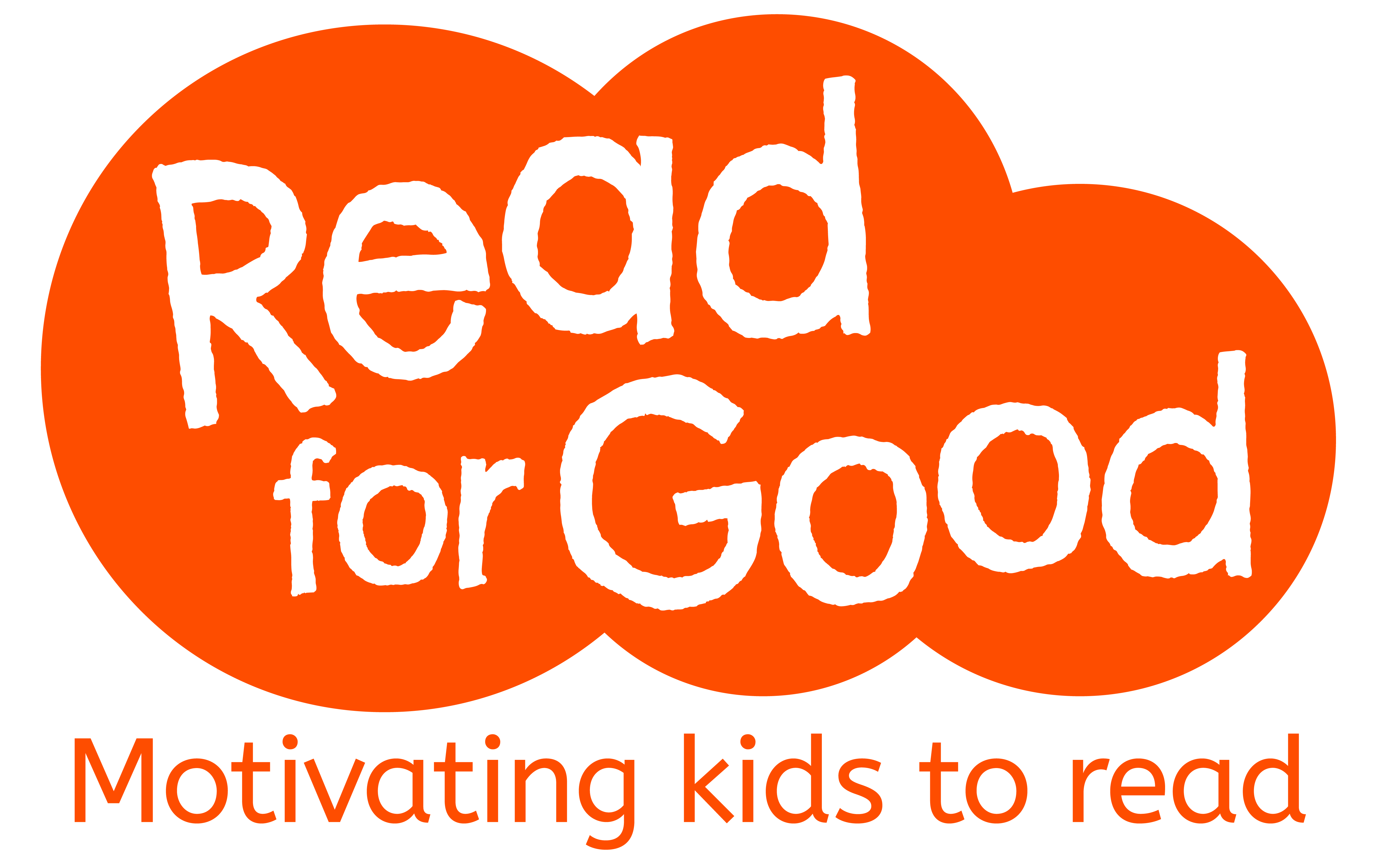Our Statutory Storytime Campaign
Make daily storytime statutory for all primary school children
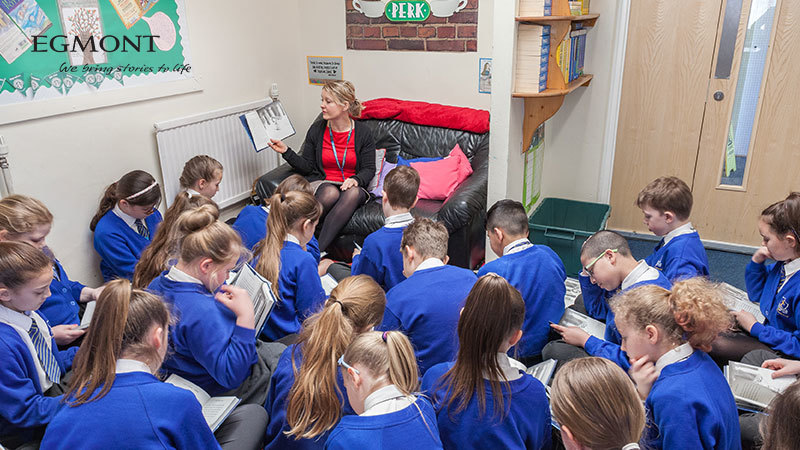
Join our campaign to change the curriculum
There is a crisis in children’s reading: only 37% of 6-11 year olds choose to read for pleasure every day – and it’s declining every year.
Why does this matter? Because reading for pleasure is so powerful that it actually improves life chances. Children who read do better in all subjects and have a better sense of well-being.
It is vital that children, young people and all of us have access to stories which give us the knowledge, empathy and understanding we need to negotiate life. But just as importantly, we need to give children and their teachers and parents time to read.
Michael Morpurgo
Did you know that simply reading aloud to children, just for fun, is the most effective way to encourage them to read for pleasure themselves? For example, when 8-13 year olds are read to by their parents very infrequently (less than weekly), just 28% of those children choose to read daily themselves. But when 8-13 year olds are read to by their parents every day, 74% also choose to read for pleasure daily. Being regularly read to is evidently very powerful but, in fact, only 14% of 8-13s are read to by their parents every day. [4]
The Government knows reading for pleasure is important. In fact, they say nothing is more important in education than ensuring every child can read well and that the best way to do this is to instill a passion for reading for pleasure. However, the curriculum focuses on the explicit teaching of reading skills and comprehension, with little time given to fostering a love of reading for pleasure. As a result, children often experience reading as work, not fun.
The curriculum states that ‘Pupils should be taught to…develop positive attitudes to reading’. But pleasure can’t be taught; it is an outcome, not a subject. However, pleasure can be shared. This insight provides us with a simple solution to the problem: bring back storytime.
In Farshore’s ‘Stories and Choices’ study at a primary school in Stoke on Trent, children were read to, just for fun, most days over one term. Their enjoyment and motivation to read themselves increased significantly and their reading attainment improved at more than twice the expected rate.
Daily storytime is an easy and low cost solution to the crisis in reading. We’re calling on the Government to make storytime statutory, to change the curriculum to make space for reading aloud, so that all children up to the age of 11 hear a story every day, just for fun. We’ve already submitted an Early Day Motion (EDM) to Parliament, calling for a debate on this.
If you believe this is important, please take action!
Being read to should be an intrinsic part of the school day, as unquestionable as a lunch break.
It’s every child’s right to be read to every day.
Our Supporters
[1] Organisation for Economic Co-operation and Development 2002
[2] Sullivan, A. and Brown, M. (2013) Social inequalities in cognitive scores at age 16: the role of reading, CLS working Paper 2013/10
[3] OECD (2010), PISA 2009 Results: Learning to Learn: Student Engagement, Strategies and Practices (Volume III)
[4] Nielsen’s Understanding the Children’s Book Consumer 2018
[5] Source: BBC Analysis of school league tables, December 2018 & January 2019
[6] Department for Education analysis 2015, in relation to Mullis, I.V.S., Martin, M.O., Foy, P., & Drucker, K.T. (2012). PIRLS 2011 international results in reading.
[7] National Literacy Trust 2017

